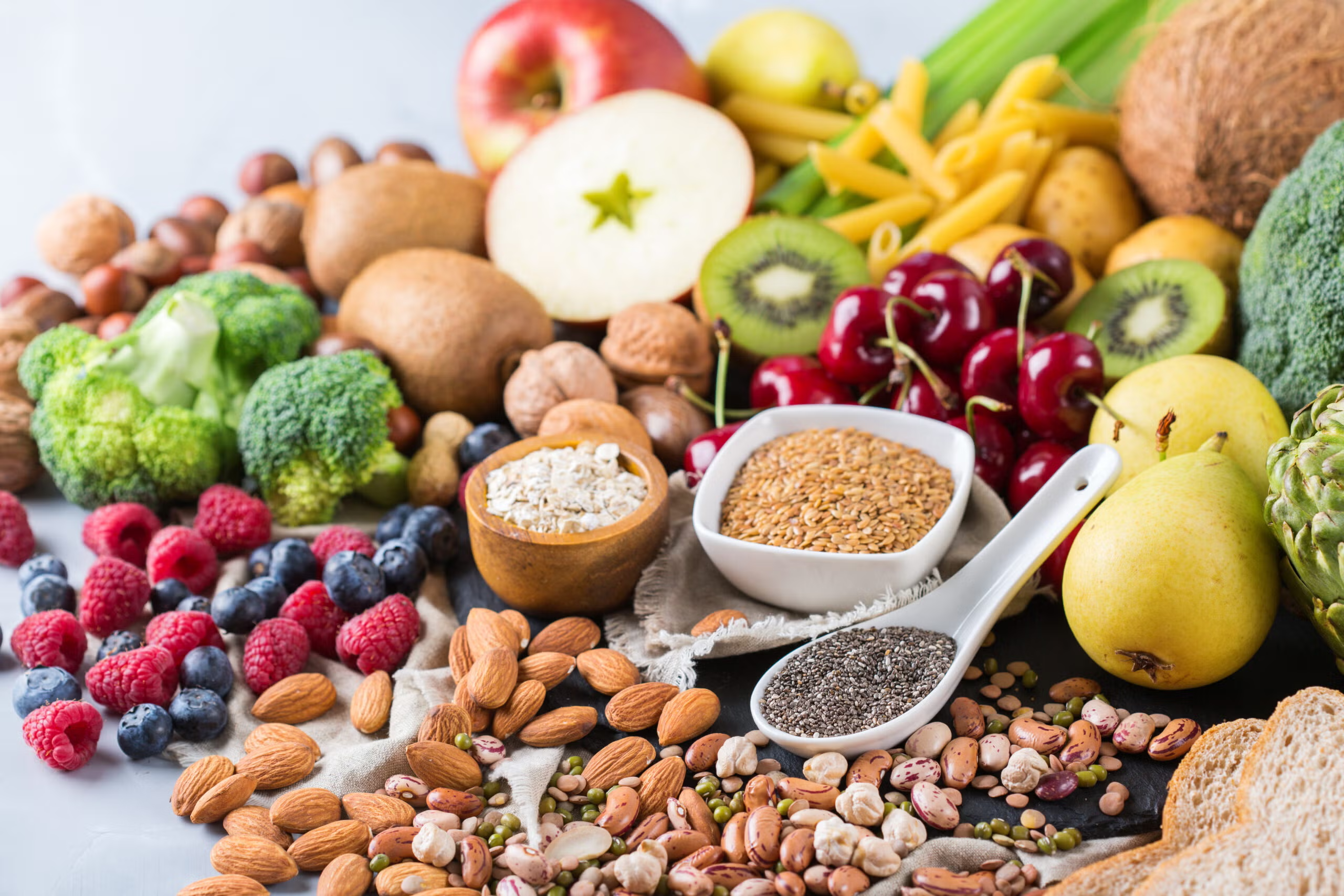EN 13803 Fiber Profiling in Breakfast Cereals
The European Standard EN 13803 provides a comprehensive framework for carbohydrate and fiber analysis in various food products, including breakfast cereals. This standard is particularly relevant to the food industry as it ensures accurate quantification of both total dietary fiber and insoluble and soluble fibers. Compliance with this standard helps manufacturers ensure product quality while meeting regulatory requirements.
Breakfast cereals are a staple in many diets worldwide due to their convenience, nutritional value, and appealing taste profiles. However, the inclusion of dietary fiber is crucial for promoting digestive health and overall well-being. The EN 13803 standard ensures that consumers receive accurate information about the fiber content in these products.
The process begins with sample preparation where representative portions are taken from the batch or product to be analyzed. This involves precise grinding of samples followed by extraction using appropriate solvents if necessary. For fiber analysis, it is essential to handle these materials carefully as any contamination could affect results significantly.
Once prepared, the samples undergo gravimetric determination methods which involve measuring mass before and after treatment steps designed specifically for each type of fiber component being analyzed (soluble vs insoluble). This meticulous approach ensures that no part of the dietary fiber goes unnoticed. Additionally, modern analytical techniques such as near-infrared spectroscopy can also be employed to complement traditional gravimetric approaches.
It is important to note that accurate measurement plays a vital role in maintaining consistency across different batches and brands of breakfast cereals. Compliance with EN 13803 guarantees that consumers receive products that meet expected nutritional standards consistently over time. This not only enhances brand reputation but also contributes positively towards public health.
The standard's application extends beyond just compliance; it serves as an essential tool for research and development activities aimed at improving product formulations further. By adhering to this standard, manufacturers can innovate without compromising on safety or efficacy of their offerings. Furthermore, understanding fiber profiles allows companies to tailor products more closely to meet specific dietary needs such as low carbohydrate diets or those seeking higher fiber intake.
Moreover, compliance with EN 13803 helps businesses stay ahead in competitive markets where transparency and trust are increasingly valued by consumers. It demonstrates commitment to producing high-quality food items that contribute positively towards individual health goals while supporting broader societal objectives related to nutrition education and prevention of non-communicable diseases.
- Ensures accurate quantification of total dietary fiber, insoluble and soluble fibers in breakfast cereals
- Supports consistent quality across different batches and brands
- Facilitates innovation through precise measurement techniques
- Enhances brand reputation by maintaining product integrity
Applied Standards
The European Standard EN 13803:2004 specifies the method for determining total dietary fiber, insoluble and soluble fibers in cereals. This standard has been adopted by several countries worldwide due to its reliability and accuracy. It provides detailed protocols for sample preparation, extraction procedures, and analytical methods that ensure consistent results.
Key aspects of EN 13803 include:
- Detailed instructions on sample collection
- Step-by-step guidance through each stage of analysis
- Recommendations for handling and storing samples properly
- Guidance on selecting appropriate solvents based on the type of fiber being analyzed
Quality and Reliability Assurance
To ensure high-quality results in fiber profiling according to EN 13803, laboratories must adhere strictly to all specified procedures. This includes rigorous training for personnel involved in sample preparation and analysis as well as regular calibration of instruments used during the process.
Quality assurance measures also involve implementing strict quality control checks throughout every step of the analytical procedure. These may include comparing results from multiple analysts, using certified reference materials to verify accuracy, and participating in proficiency testing programs organized by recognized bodies like ISO/IEC 17025 accredited organizations.
Reliability is maintained through continuous improvement initiatives that focus on reducing errors and improving efficiency without compromising precision. By doing so, laboratories can provide reliable data that meet regulatory requirements and industry expectations consistently over time.
Environmental and Sustainability Contributions
- Reduces waste by ensuring accurate measurement of ingredients used in product formulation
- Supports sustainable agriculture practices through better understanding of crop composition
- Promotes healthier lifestyles by encouraging consumption of fiber-rich foods
- Contributes to reduced landfill contributions from improperly managed food waste





